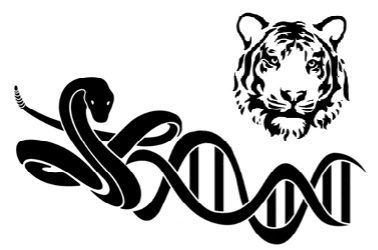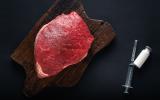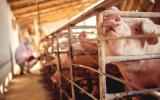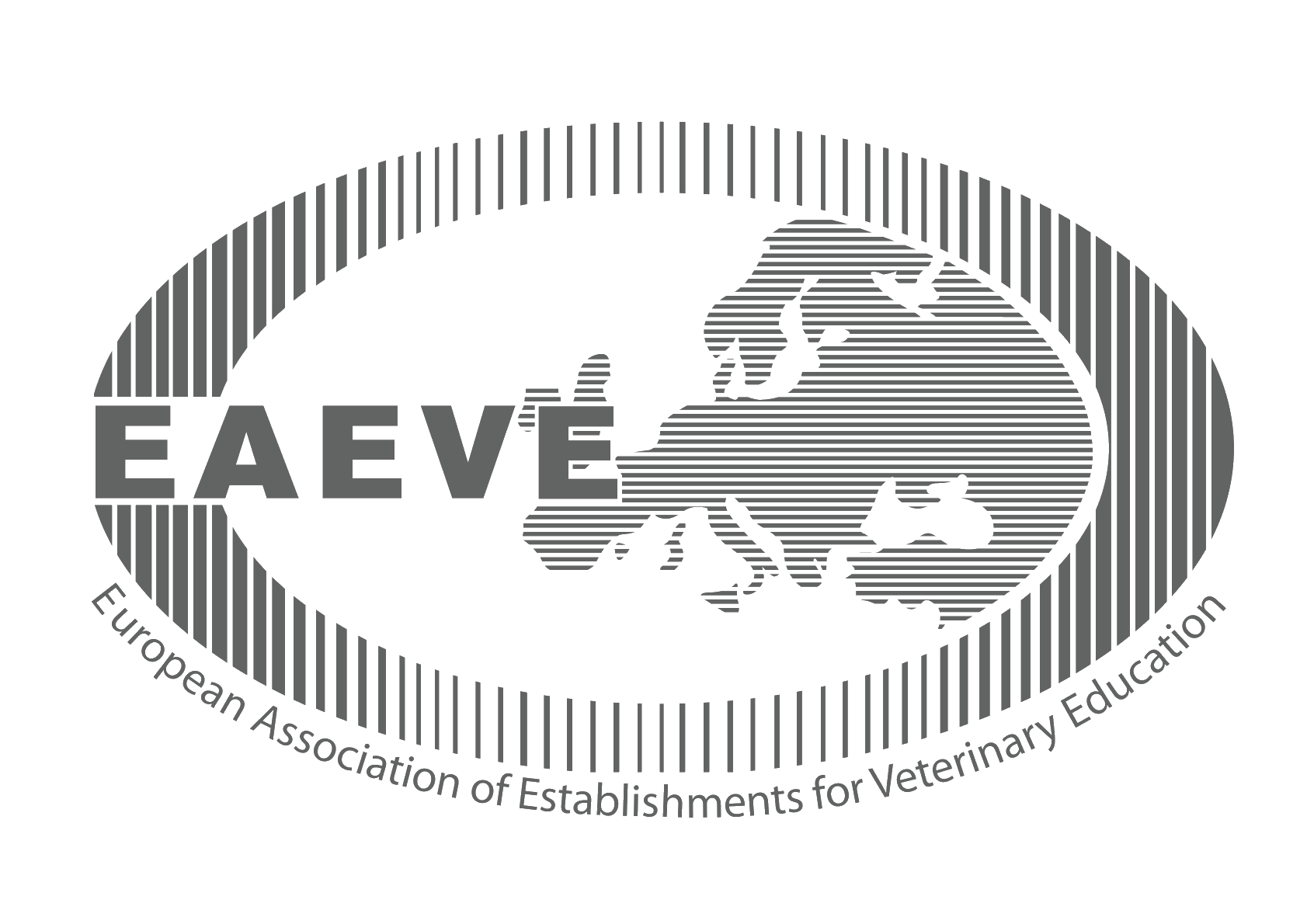CRP – V4-2224

Sampling procedures for prohibited free-living animals and development of molecular tools to ensure traceability through identification and deposit of genetic material

General Data
Member of UL |
Veterinary faculty |
|
Name of the leading partner |
Veterinary faculty, UL | |
Status |
Leading partner | |
Project code/Project No. |
CRP – V4-2224 | |
Project Title |
Sampling procedures for prohibited free-living animals and development of molecular tools to ensure traceability through identification and deposit of genetic material | |
Project period |
1.10.2022 do 30.9.2024 | |
Yearly sum of FTE |
The project is financed for a period of three years totalling 100.000,00 EUR, of which 50.000,00 EUR is from Slovenian Research Agency and 50.000.00 EUR is from the Ministry of Agriculture, Forestry and Food of the Republic of Slovenia. | |
Leader |
Professor. MSc, PhD Alenka Dovč, DVM, Spec. Med. Birds, Small mammals and Reptiles, Dipl ECAWBM (AWSEL) (European College of Animal Welfare and Behavioural Medicine) | |
Scientific field |
Biotechnology | |
Partners |
UL Biotechnical faculty |

Project phases
In our country, a methodology for identification of native species has already been developed. Molecular biological methods are used to determine the species (speciation), the individual (individualization) and the sex of the animal. Species identification is performed for individual species of mammals, birds (chickens), and fish. Individualization by genetic profiling, for which we most often use microsatellite markers (short tandem repeats – STRs), polymorphisms in the COI gene (cytochrome oxidase I) and within the regulatory region of mitochondrial DNA (mtDNA), is performed in horses, donkeys, cattle, dogs, sheep, goats, pigs, cats and various deer species. In order to identify a wider range of wildlife species so that animals kept by owners prior to the introduction of the ban on possession of animals on the banned species list can be identified, appropriate methodology must be introduced as soon as possible.
This is the only way to meet the requirements of the legislation. STRs are species-specific, often within taxonomic families, and molecular bioindividualization should be developed for as many species as possible that require this type of control by selecting a combination of starting oligonucleotides that allows the STR profile to be determined reliably and as inexpensively as possible. In cases where recognition of species and individuals by microsatellites is not possible, other markers, mtDNA, minisatellites, Random Amplification of Polymorphic DNA (RAPD)) must be used.
Project description
In Slovenia, there are more and more wild animal species in captivity, including dangerous and poisonous species. Procurement and storage of antidotes for poisonous species and special bite protection are not regulated. This is a problem faced by the entire EU, and there is an urgent need to limit the species that people can keep as pets in the future. For the species that are already present in Slovenia, we need to distinguish between the owners and breeders, especially those who are professionally engaged in breeding and successfully sell the animals abroad. The amendment to the Animal Protection Act (Official Gazette of the Republic of Slovenia, No. 159/21) introduces a ban on the possession of dangerous, aggressive, poisonous and difficult-to-care-for species of wild animals and provides that the Minister shall, within one year of the entry into force of the Act, draw up a list of prohibited species by means of a legal ordinance. The list of animals is expected in October 2022 and will be specified in the "Decree on protected wild animal species". The law states, among other things, that a natural or legal person who possesses an animal of a species that is on the list of prohibited species may possess it until its natural death, provided that within six months of the entry into force of the law he or she arranges for the identification of the animal and the deposit of the collected material for molecular genetic analysis.
The implementation of individual articles of the Animal Protection Act in the area of wild species will also have a significant impact on the economy, especially on the breeding and sale of certain species. Because of the history of breeding and the great diversity of different species in Slovenia, molecular genetic analysis must be reliable, fast and affordable for all beneficiaries, owners, breeders and other beneficiaries. Molecular genetic tests enable the identification of the specimen or species. In practise, they can be used for parentage, sex determination, or for forensic purposes where appropriate, in addition to genetic identification of animals kept prior to the establishment of the prohibited species list. Professional and safe sampling that does not cause unnecessary stress to the animals is also of great importance. The introduction of protocols will thus contribute to the welfare of wild species. The final results of the research will allow the reporting and legalisation of specimens on the banned list.
Structure of the project group
SICRIS
Location
Gerbičeva 60
SI-1000 Ljubljana
Slovenija
Sample Reception
Samples are received at several locations throughout Slovenia. See where.
The veterinarian on duty
Emergency veterinary assistance for dogs and cats and a telephone number of constant readiness.
Library
A wide selection of domestic and foreign professional literature in the field of veterinary medicine and other sciences.
Main navigation
-
Education
- Informativni dan
- Why to become a veterinarian?
- Undergraduate Studies
- Postgraduate studies
- Pripravništvo
- Summer Schools
- Continuous education
- Professional Development
- International Activity
- Mednarodna dejavnost - Tuji študentje
- The Path to Creative Knowledge
- Tutoring
- Extracurricular Activities
- Career Centres
- Alumni
- Student organizations and societies
- Quality Assurance
- Clinics
- Diagnostics
- Dobrobit
- NVI
- Research
- About us
- Hub




